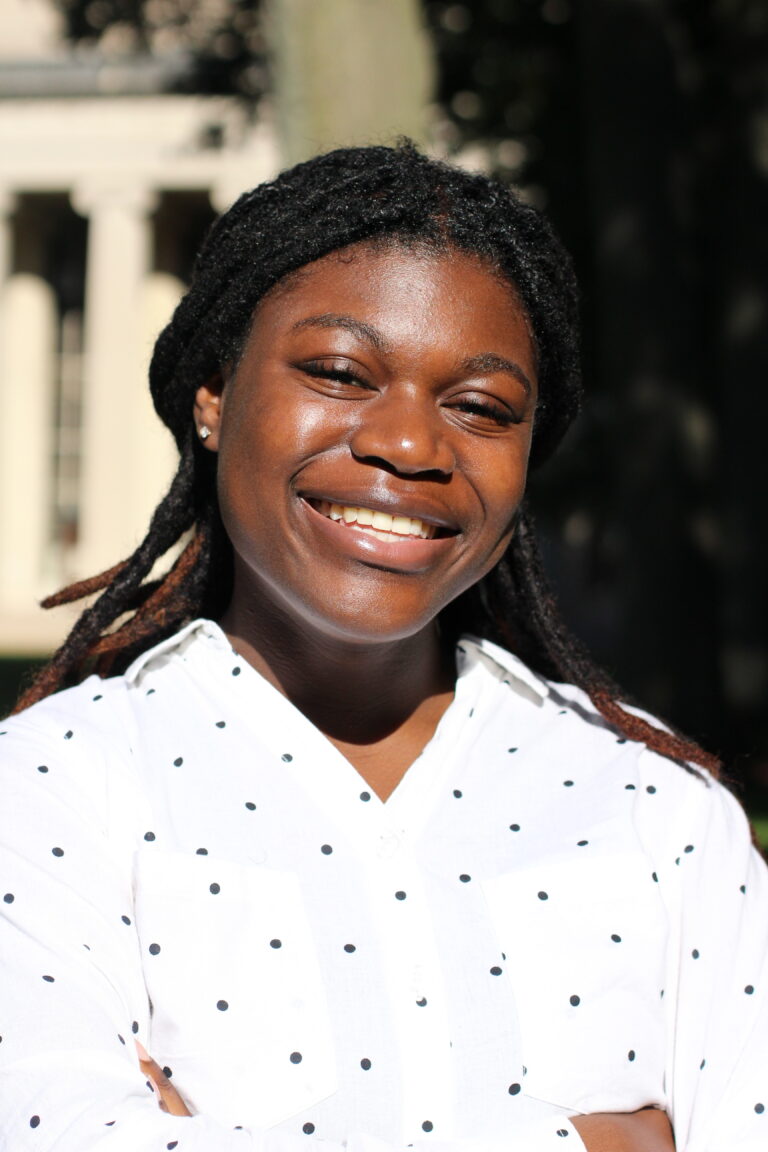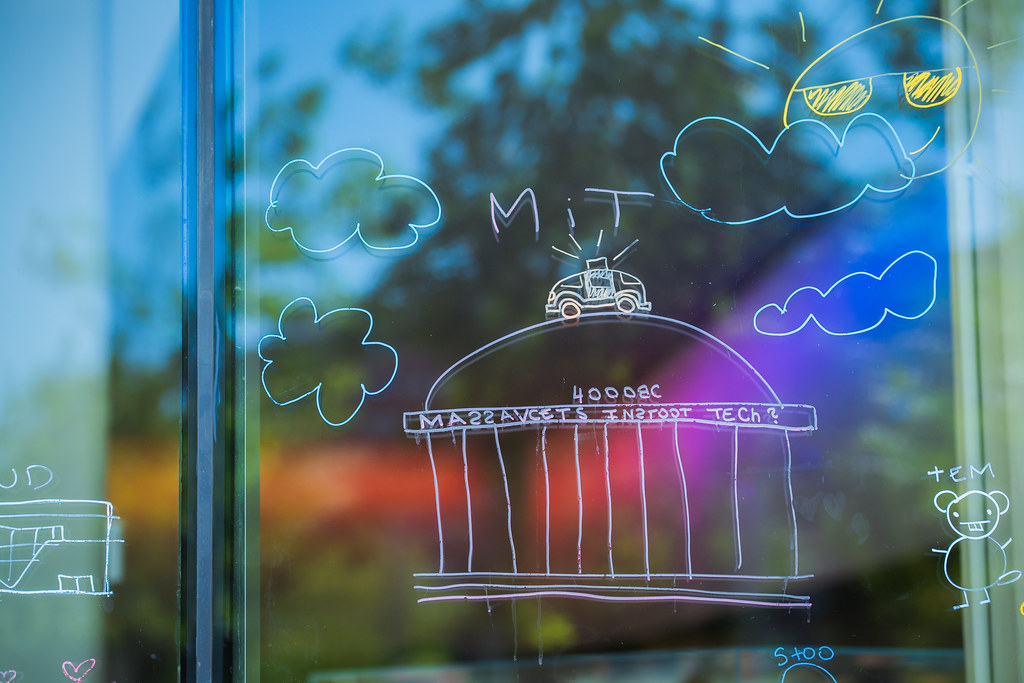Abigail Dzordzorme
Major in Biological Engineering and Science, Technology, and Society

What’ve you enjoyed most about your area of study? Was there a particular discovery, new skill or way of thinking, or insight that you found especially valuable? Please share an example from your favorite class or experience.
In Science, Technology, and Society (STS), I’ve been particularly fascinated by how technological advances have shaped modern bioengineering practices. My favorite experience in STS has been traveling to Cape Town, South Africa to complete ethnographic research for my thesis. This experience opened my eyes to the pivotal contributions and challenges of medical technologies in global health. It was particularly impactful to see researchers and clinicians who innovate despite systemic barriers. This highlighted how societal needs and ethical considerations shape technology development. It was a revelation to see the interplay between technology and societal norms, sparking my interest in the implications of biotech advancements.
How does the knowledge from this field, or your interest in it, combine with your other major or minor studies at MIT?
The knowledge I have gained in STS complements my Biological Engineering studies by providing a socio-cultural context to the biotechnologies I’m working on and surrounded by. My STS background helps me consider factors like accessibility, usability, and local healthcare practices. This interdisciplinary approach ensures that the solutions I engineer are not only technologically sound but also socially responsible and widely adoptable.
An MIT education includes study in the scientific, technical, social science, arts, and humanities fields. How do you think that wide range of knowledge and perspectives will be valuable to you – for your career success and for your enjoyment of life?
This diverse educational background will be crucial for my career, particularly in the field of global health technologies. Understanding different cultures, economic backgrounds, and societal structures will help me design solutions that are sensitive to varied contexts. Moreover, the broad knowledge base enhances my problem-solving skills, making me adaptable and innovative. It enriches my life, providing a deeper appreciation of the world’s complexity, which fuels my personal and professional growth.
What are your plans for the future?
I will be returning to MIT next year in the Harvard-MIT Health Sciences and Technology program to pursue a PhD in Medical Engineering and Medical Physics. I hope to combine my technical expertise in Biological Engineering with my background in STS to pursue a career in biotechnology development for global health equity.
